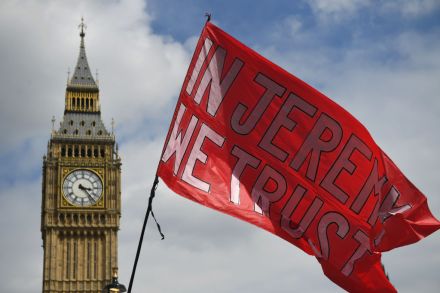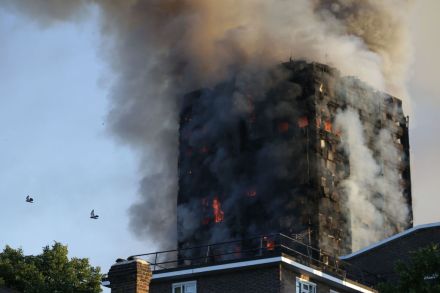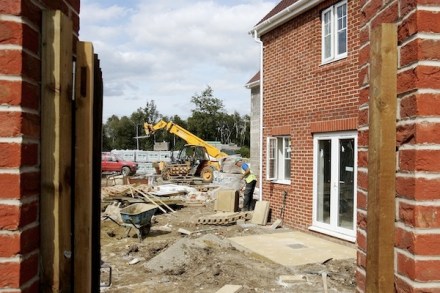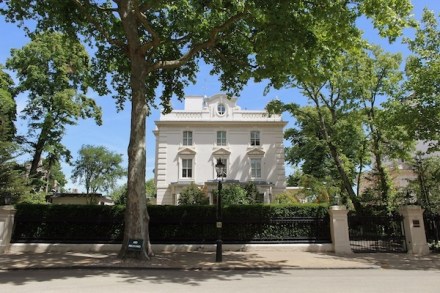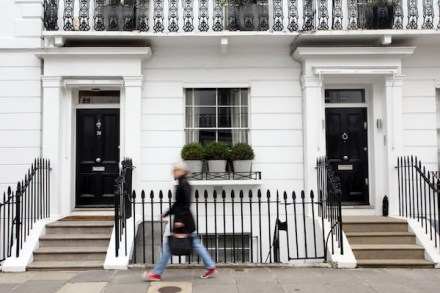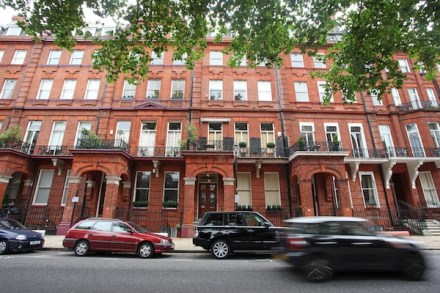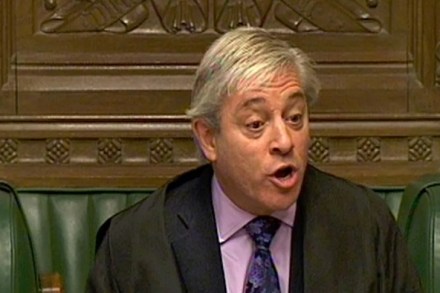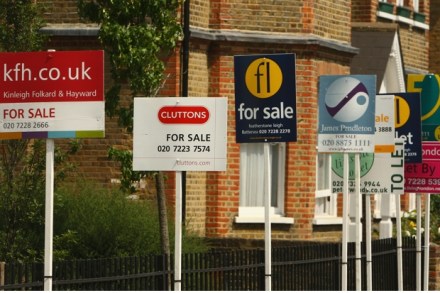Quantitative easing has made houses hopelessly unaffordable
Financial crises tend to see asset prices collapsing, making housing more affordable. But it’s been different this time because the authorities in the UK, and elsewhere, countered the crisis with low interest rates and quantitative easing. By slashing the cost of borrowing and flooding the system with liquidity, these policies set out to – and succeeded in – inflating asset prices. So we have seen the UK stock market and housing market rising at roughly the same amount in the last ten years. Taken together with weak wage growth, the result is that housing in the UK (as in many other countries) has become less affordable. So what has been


